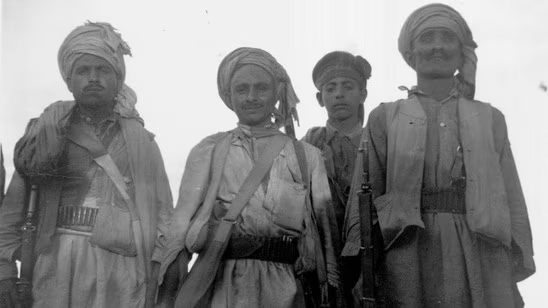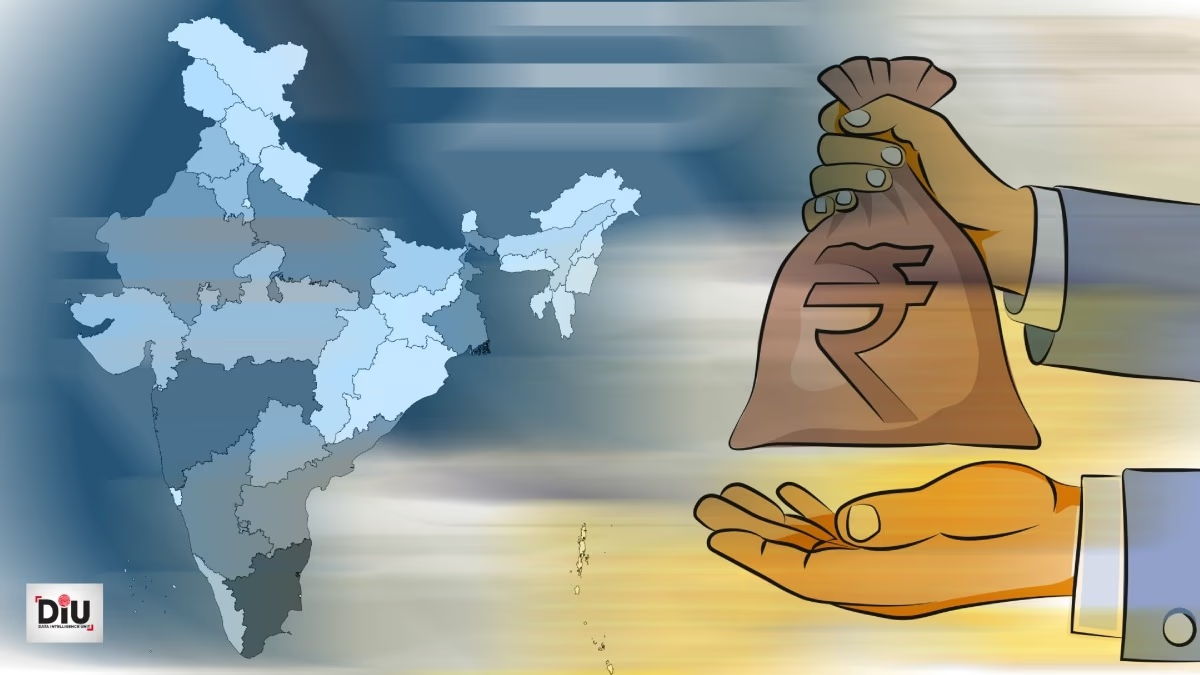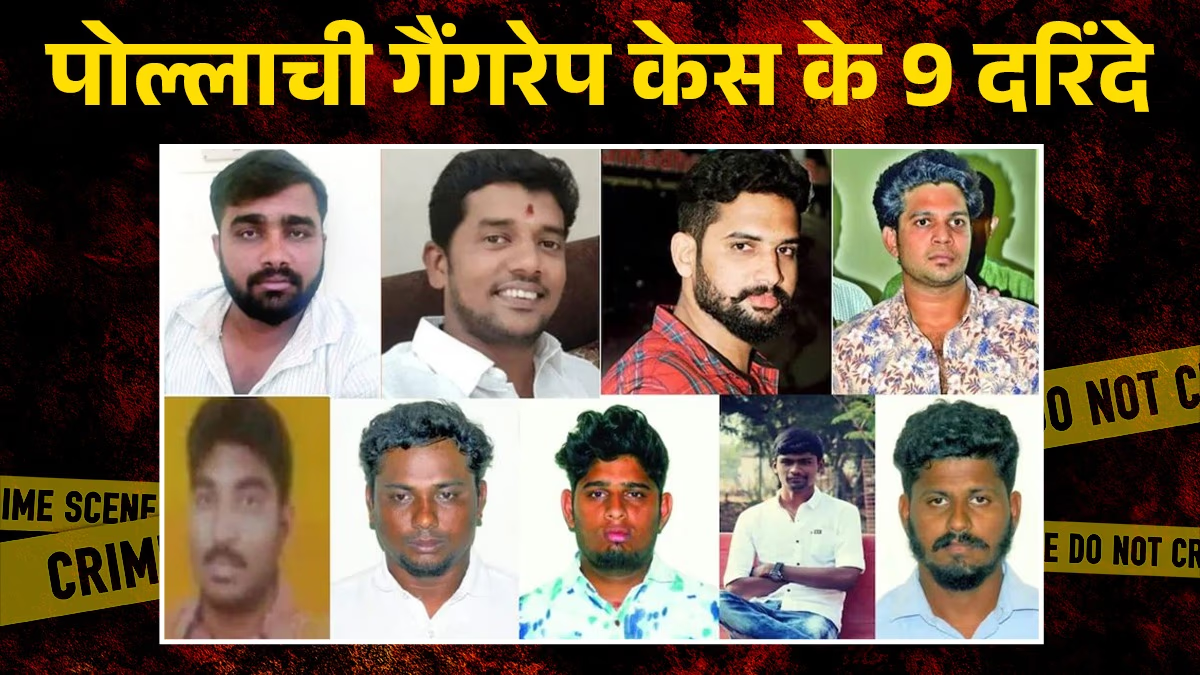...In the early days of October 1947, Pakistani tribal invaders seized Muzaffarabad and several other areas. Maharaja Hari Singh's army was unprepared, and there was no support from the majority Muslim population, causing Hindus and Sikhs to bear the brunt. Many Muslim officers and soldiers in the princely state's army joined the intruders. Starting in October 1947, tribal invaders captured areas like Muzaffarabad and Mirpur, standing at Srinagar's doorstep by 1948.
With little choice, Maharaja Hari Singh signed the Instrument of Accession with India, and once Indian troops arrived, Srinagar was secured, and invaders were pushed back. Yet, before this, the violence claimed thousands of lives, with Hindus and Sikhs either forcibly converted, killed, or forced to flee in chaos.
Among the first sacrifices in the initial October 1947 attack by Pakistani tribesmen was Muzaffarabad's then minister Duni Chand Mehta, whose family endured severe hardships under captivity. Krishna Mehta, his wife, documented their ordeal extensively in her book. She, along with her two sons, two daughters, and a niece, sought refuge in local homes only to be captured by tribesmen. Thanks to past acquaintances, they remained unharmed and eventually reached Jammu with Red Cross's aid when tensions eased.
Returning to the era of plunder and slaughter, tribesmen transferred prisoners through jails to Muzaffarabad. A tribal government assured Krishna Mehta of protection, settling them in the same ministerial mansion, now fearsome after looting and fire, where her husband was fatally shot and burned. The trauma haunted her, but for her children's sake, she bravely confronted adversities. Her resilience inspired many Hindu acquaintances to join her, hoping she could navigate them to safety.
Read More:
Krishna Mehta, in her book,
'Attack on Kashmir'
, recounts, “Our group grew to twelve, including seven children and five adults. Though reassured by the tribal leader, constant fear loomed from wandering invaders who could betray any time. Under Rahm Dad Khan's rule, all approached with pretended decorum. One day, the chieftain announced his departure for Baramulla, assuring no shortages during his absence. Soon, all fighters left. News spread of intense battles in Baramulla.
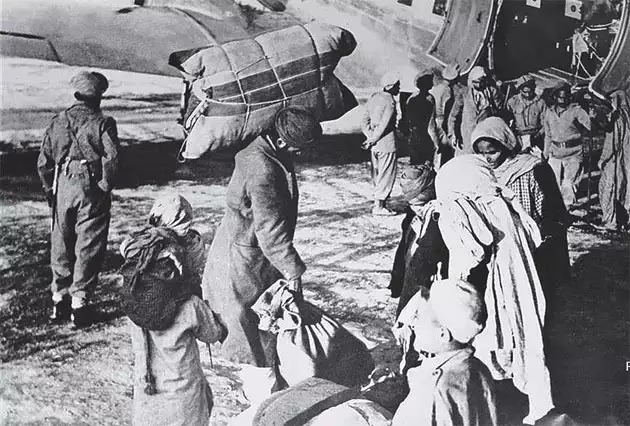
Source: aajtak
News soon arrived that as Indian forces advanced, tribesmen were expelled from areas like Srinagar. Indian fighter planes hovering overhead instilled terror among them. Meanwhile, we remained trapped in Muzaffarabad under tribal dominion. One day, chaos erupted in town, as Pakistani forces started abducting girls from their homes, afraid they’d lose control to advancing Indian troops.
Subsequently, reports of Indian forces reclaiming Baramulla surfaced. Tribesmen were rapidly retreating. Pakistani officers attempted forcing them to frontline posts, but fear of Indian soldiers led to mass desertion. Retreating, they looted whatever valuables they could lay their hands on, abducting young women along the way.
Hidden in the area, people like us constantly shielded our daughters from retreating tribesmen. They stole anything of value during their retreat. We heard they even carried severed hands and ears in their pockets, lopping off jewelry-laden appendages when hasty retreat disallowed meticulous removal. This horrifying scenario terrified Muzaffarabad residents. Following the advice of a local cleric, we sought shelter at his residence, learning the next morning that tribesmen ransacked the mansion and looted at night.
Though 78 years old, this ordeal prompts pondering: Why did Pakistan bring these tribesmen to Kashmir? What prompted them? Recent revelations shed light on the manipulative pledges of government and jirga leaders to incite attacks on Kashmir. Krishna Mehta narrates, “During our forced march to Muzaffarabad, I implored numerous young fighters to eschew violence, querying their motives in committing cruelty. Traveling alongside was a seemingly decent tribal man aged around 22, whom I conversed with to understand their presence here.”
He revealed that Pakistani rulers spread notions of Islam in peril and severe Muslim oppression in the princely state of Kashmir. To the staunch Pathans, protecting their women was paramount, so they were summoned here with tales of injustice.
When queried about remuneration, he replied,
“No formal deals yet, just instructions: Kill Hindus, seize any woman or girl you fancy, loot whatever you find, burn homes. Land is all we seek.”
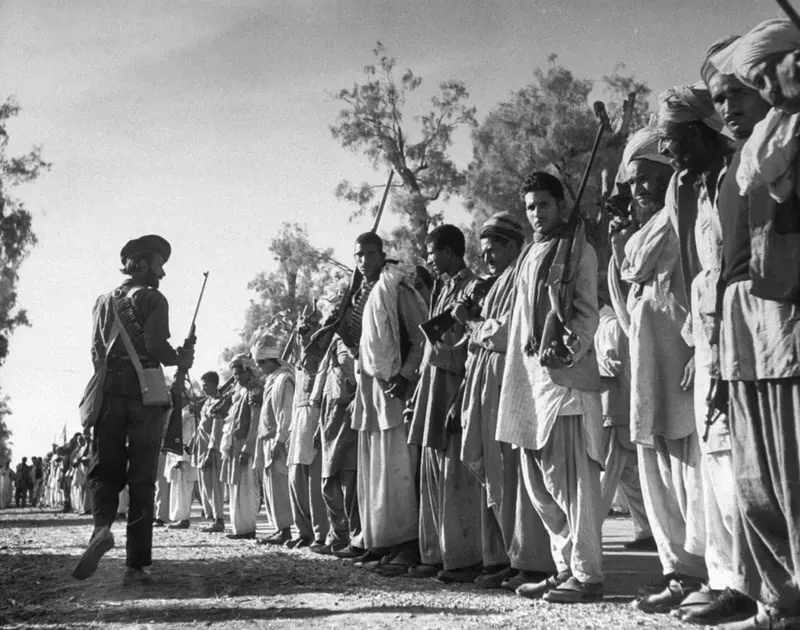
Source: aajtak
Another shared,
“Many from our homeland came to plunder. We heard Kashmir holds lots of gold.” On asking our confinement’s reason, he explained, “We nearly exterminated the men. Few who hid survived. Surviving women were either elderly or injured, with a few young women jailed.”
In her narrative, Krishna Mehta continues, “Under the shadow of fear and bloodshed, we were ensnared, constantly concerned for our children amid capricious captors. As we moved, local Muslims expressed mixed reactions—some saddened, others jubilant. Groups of tribesmen roamed barefoot or with torn footwear, bearing rifles and cartridge necklaces, occasionally squabbling over looted valuables.”
Several Hindu women evaded these marauders by leaping into the Krishna Ganga River. I instructed my daughters to hold their ground, confident Mother Krishna Ganga would provide sanctuary.
Then, near Domel bridge, when tribesmen took women for bathing, I witnessed a haunting spectacle: Some women stood by the shore while others perched on rocks mid-river. Many mothers cast their children into the river. Some floated helplessly with few dives, but others clung to mothers, only to be tossed into the current again. Those divine faces were corpse-like, expressionless, drained of blood and vitality. Soon, these women began plunging into the river themselves.
Before tribesmen could respond, riverbank women screamed defiantly, leaping into the river. Tribesmen on the bridge fired at the floating bodies. Witnessing this scene brought numbing fear amid remaining women, who hadn’t jumped yet, as we clung to the hope of returning to Indian soil. The belief in eventual liberation persisted amidst relentless oppression, yearning to return home.”
